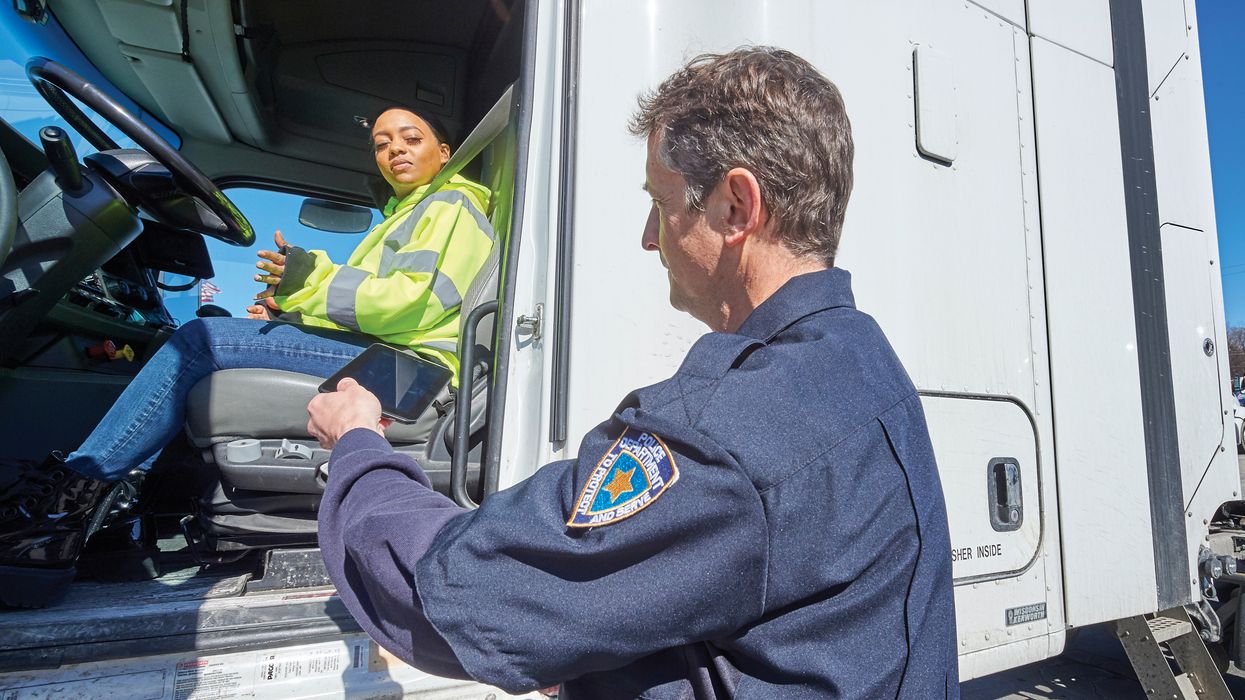Tired of CDL MVR medical certification drama? A guide to smoother updates
Ensuring that commercial driver’s license (CDL) Motor Vehicle Record (MVR) updates occur promptly after each Department of Transportation (DOT) medical exam has become more challenging since the Federal Motor Carrier Safety Administration’s (FMCSA) National Registry Integration 2 (NRII) went live on June 23, 2025. The NRII was designed to streamline the process by automatically transferring exam results to state driver licensing agencies (SDLAs). However, delays remain common — often stretching beyond two weeks. Understanding the causes behind these delays and knowing how to prevent or resolve them is essential for maintaining compliance and reducing administrative headaches.
How the NRII process works (and why delays happen)
Under the NRII, medical examiners must enter a driver’s exam result into the National Registry no later than the end of the next calendar day. The FMCSA then sends these results to the appropriate SDLA so the information can be posted to the CDL MVR.
The most frequent source of delays is data-entry errors in the examiner’s electronic medical card (MCSA5850). Mistakes in key identifying information — such as name, date of birth, CDL number, or state of licensure — prevent the SDLA from validating the submission. When this happens, examiners receive an email alert but must correct the error before the SDLA can receive and post the record.
The FMCSA recognized early that MVR update delays were widespread, which led to several waivers. The current waiver, effective January 11 through April 10, 2026, allows carriers and drivers to rely on paper medical cards for up to 60 days after the exam.
Best practices for drivers and carriers
Proactive steps can significantly reduce both delays and compliance disruptions. Consider implementing the following:
1. Schedule exams early.
Encourage drivers to complete their exams at least two weeks before their certification expires. Maintain internal reminders to ensure drivers promptly report exam results and share a copy of their medical card.
2. Verify license information at the end of the exam.
Ask drivers to confirm that their personal information — name, date of birth, CDL number, and licensing state — matches what appears on the medical examination report (MCSA5876). Incorrect CDL formatting continues to be one of the most common causes of the NRII upload failures.
3. Request and retain a paper medical card.
Even though examiners aren’t required to issue a paper medical card, the FMCSA recommends that they do so during the NRII transition. Drivers should receive a paper card as these are legal proof of certification for up to 60 days under the current waiver and help prevent them from being placed out of service. A copy should go in the driver qualification file to be replaced by the updated MVR within 60 days.
4. Check MVRs within 2–5 days after each exam.
Early monitoring helps identify issues while examiners may be more receptive and able to quickly correct errors.
How to troubleshoot delayed MVR updates
The FMCSA recommends following a structured, three step troubleshooting process:
Step 1: Contact the medical examiner.
Confirm that they addressed any National Registry validation errors and resubmitted the MCSA5850. This is the most common issue that’s easily resolved.
Step 2: Reach out to the SDLA’s CDL help desk.
If issues pop up, carriers and drivers should contact the CDL help desk, not the general help line. Ideally, the call should include both a knowledgeable carrier representative and the driver. Begin by explaining that the examiner has already corrected any errors. Then request that the SDLA’s medicalcertification team “pull” the record directly from the National Registry.
Step 3: Contact the FMCSA Registry Support team if needed.
If steps 1 and 2 don’t resolve the issue, carriers and drivers should contact the FMCSA Registry Support team:
Phone: (617) 4943003
Email: fmctechsup@dot.gov
If the problem still isn’t resolved, carriers and drivers should document the steps taken to show good-faith efforts were made. If the driver’s MVR doesn’t update within the waiver period, to reduce the risk of having a disqualified driver citation, carriers should consider removing them from CMV driving until the MVR updates.
Key to remember: When carriers and drivers proactively manage medical exam timing and closely track MVR updates, they are less likely to face disqualification surprises or other compliance issues.





